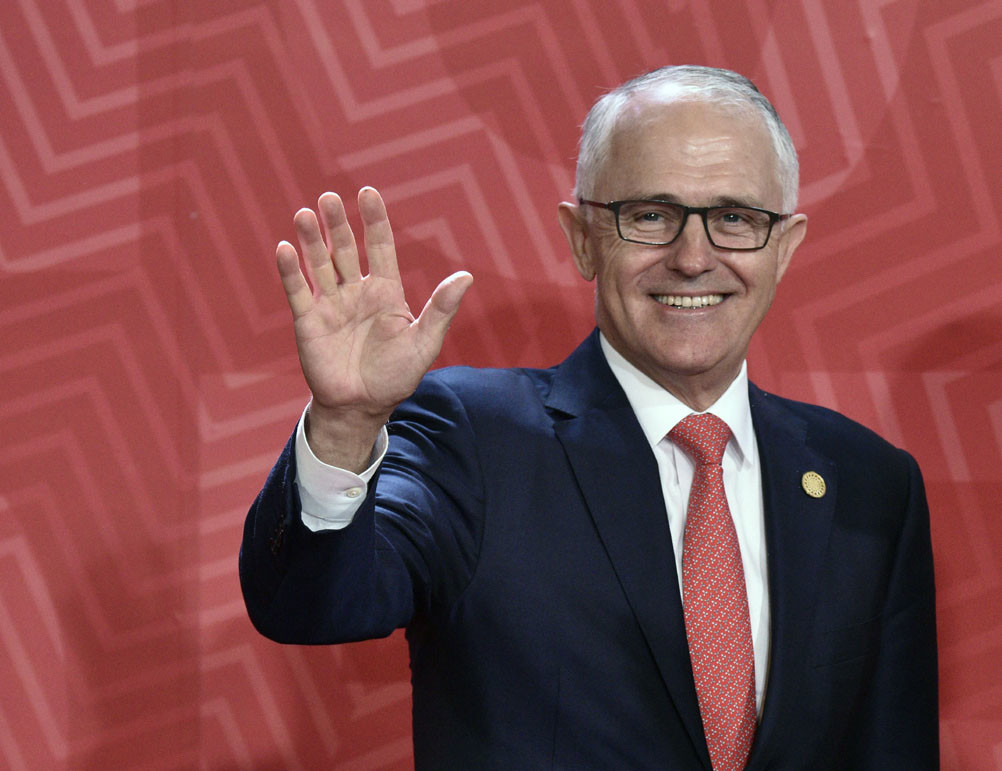Prime Minister Malcolm Turnbull has managed to keep his head above water and has ended the parliamentary year with a positive swing in his approval ratings. He remains the preferred choice for PM over the opposition’s Bill Shorten according to the latest polls.
With the legalisation of same-sex marriage meeting Turnbull’s promise to pass the law after the results of the postal plebiscite, the PM is undoubtedly benefiting from a short term boost to his public image.
While Turnbull may be enjoying praise for facilitating same-sex marriage, this positive energy has not been reflected in two party preferred polls. The latest surveys squares the ALP ahead of the Coalition with 54% against 46%.
Turnbull’s government has not beaten Labor in two-party preferred surveys since July of last year. With the Coalition government being repeatedly bogged down in controversies surrounding dual citizenship, refugees and political infighting the ending of the same-sex marriage debate is unlikely to sway public opinion as much as probably hoped for.
Over the last 72 polls the Coalition government has been behind the ALP, giving an indication Labor is set to win the next election.
Regarding approval ratings, Turnbull has enjoyed a slight improvement with a 4% increase in approval with a 5% decrease in disapproval. Opposition leader Bill Shorten has ended the year with a mere %1 increase in approval ratings and a 3% decrease in disapproval ratings.
When it comes to preferred Prime Minister, Turnbull continues to be ahead of Shorten with 42% to 28%. 31% of respondents still could not choose between either politician for who would be better as prime minister.
Not surprisingly voters were split along party lines with 80% of Coalition identifying voters supporting Turnbull as preferred prime minister. Only 55% of Labor voters supported Shorten. The majority of Greens voters however supported Shorten over Turnbull.
The data suggests that while Australians are fed up with the Coalition government, they are not as keen to hand over leadership to Bill Shorten who has been widely considered as a weak opposition leader.
The recent controversy surrounding Turnbull’s new laws on foreign interference in Australian domestic politics has put pressure on the Prime Minister to solidify relations with China. There is however more negative attention being directed towards NSW Labor senator Sam Dastyari who has been the focus of allegations of Chinese bribery.
Neither side of Australian politics has been without its failings in 2017. The next election will likely be a close contest between two political parties that have struggled to gain public confidence.

